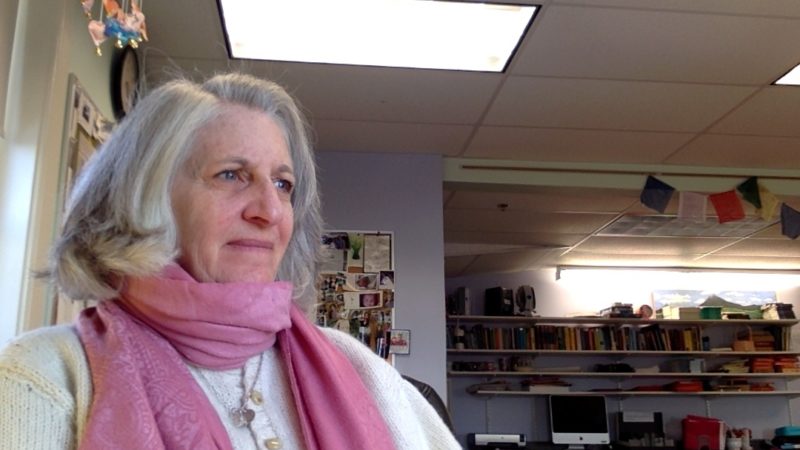In the Classroom: Reflections on Teaching as Learning
Even after many years of teaching at Waynflete, I am still grateful for the privilege of entering into dialog with my students about important matters. This year, with the inundation of disturbing global and local events, the discussion about the essential goodness of humanity seems more important than ever.
This fall in my Literature of Genocide elective for juniors and seniors, the students approached each day’s discussion with immeasurable respect and honesty. We pondered the seeds of evil that seem to sprout in similar patterns throughout history. The cog of the “genocide machine” spins in a seemingly endless cycle, but the rhythm of its turn was definitely interrupted by the study in our class. Every day I heard students express deep appreciation for the beauty of small acts of kindness as voiced by the authors studied: Paul Rusesabagina’s insistence that it takes only one dissenting voice to spur change and Primo Levi’s plea to remember and live a life of reflection.
But this study can oftentimes be empirical, and the real emotion of experience can elude all of us when speaking in the abstract. Fortunately, we were able to break this impasse by inviting an important speaker to join our class, Mr. Max Slobodski.
Mr. Slobodski is a child survivor of the World War II death camp Auschwitz. Hidden when he was 12 years old by a couple who lived in his town, Mr. S. ventured out one day and was subsequently spied in the square. He was detained while engaging in a simple act of childhood desire: trying to satisfy his hunger for an ice cream cone. Immediately placed on a transport train, Mr. Slobodski soon found himself victim to the atrocious experiences of Auschwitz.
I watched the faces of my students as they listened to his tale of survival. They marveled at his fortitude and courage. Their eyes were agleam as he stood before us, confident in his will to live. He spoke of his painful return to his homeland and subsequent immigration to the United States. Mr. Slobodski shared the wonder of becoming a successful businessman, a father and a grandfather despite the shadow of Auschwitz permanently tattooed on his arm and memory. His voice was the real experience of the power of humanity.
In questions to him by the students, I could hear a renewed vision of hope. Now our study had become a moment to reflect on change, personal values, and kindness. His voice led us to end our semester study by reading William Faulkner’s Nobel Prize speech. Mr. Slobodski is the poet of our class, Faulkner’s representation of the “courage and honor and pride and compassion and pity and sacrifice which have been the glory of his past. [His voice] need not be the record of man. It can be one of the props, the pillars, to help him endure and prevail.”
I thank Mr. Slobodski and the students in this class for leading me again to this place of deep hope for humanity.



